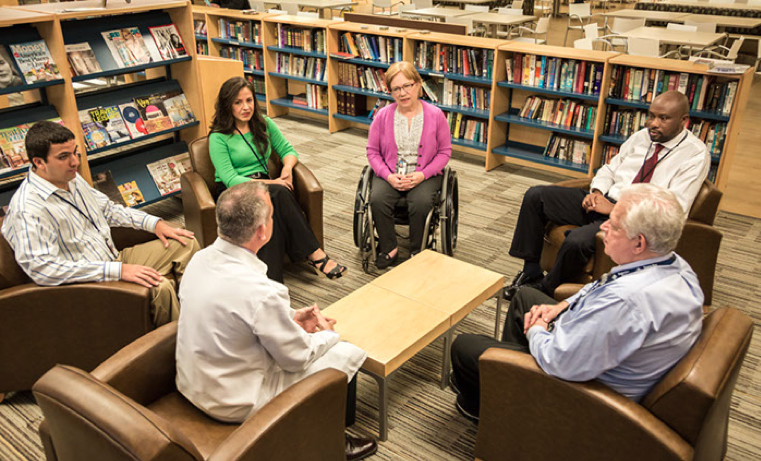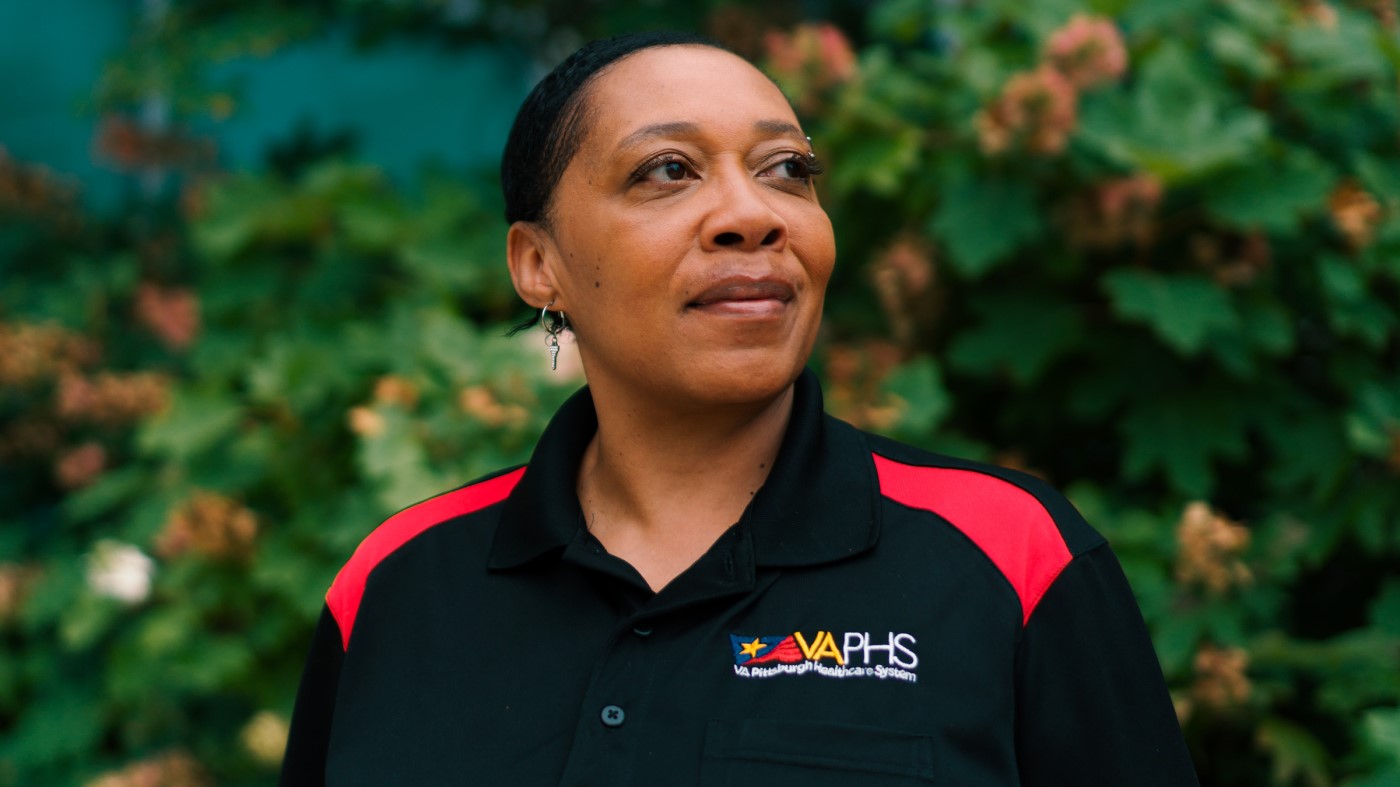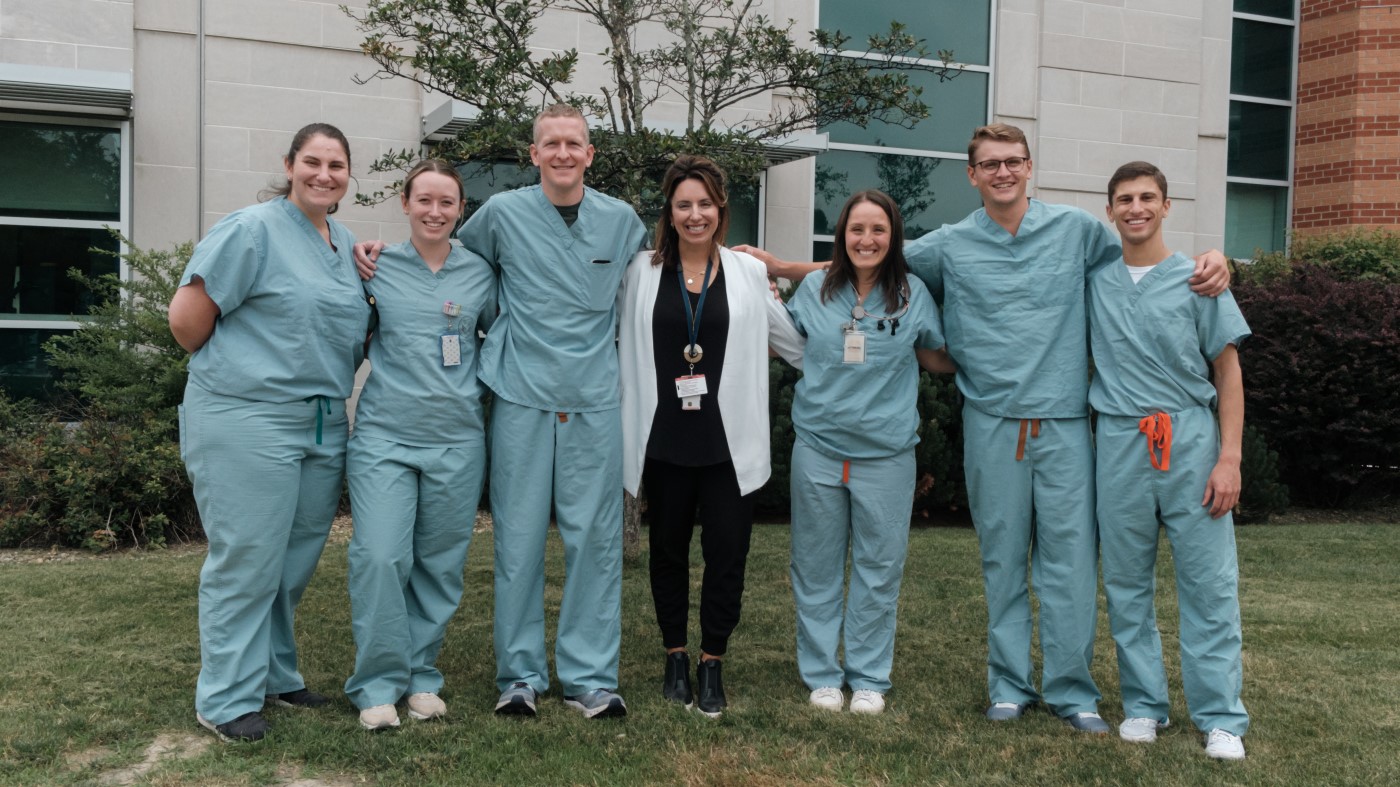On Feb 2, 2015, the U.S. Senate unanimously passed the Clay Hunt Suicide Prevention for American Veterans (SAV) Act, critical legislation that increases access to quality mental health care and combats veteran suicide. U.S. Department of Veterans Affairs (VA) Secretary Robert A. McDonald commented recently on this historic legislation stating that “the Clay Hunt Suicide Prevention for American Veterans (SAV) Act complements VA’s on-going, multi-faceted efforts to improve mental health care for our nation’s Veterans.”
“A growing number of Veterans are seeking mental health care, and VA has deployed significant resources and increases in staff toward mental health services,” McDonald added.
VA provides a continuum of forward-looking outpatient, residential, and inpatient mental health services across the country. At VA, there are many entry points for care: through our medical centers, more than 800 community-based outpatient clinics, 300 Vet Centers that provide readjustment counseling, the Veterans Crisis Line, VA staff on college and university campuses, and other outreach efforts. VA offers expanded access to mental health services with longer clinic hours, telemental heath capability to deliver services, and standards that mandate rapid access to mental health services.
“We know that the suicide rate is lower for those Veterans who use VA health care, losing just one Veteran to suicide is one too many,” said McDonald. “So, VA will continue to develop and improve mental health and suicide prevention services so that Veterans who reach out for help receive that help when and where they need it.”
Following President Obama’s 2012 Executive Order, VA increased its mental health staffing, expanded the capacity of the Veterans Crisis Line (1-800-273-8255 and www.VeteransCrisisLine.net), enhanced its partnerships with community mental health providers, and increased suicide prevention awareness efforts.
Mental health care professionals can play a proactive role at VA by improving mental health services for Veterans and their families and ensuring better outcomes for all concerned.
If you are an experienced mental health care provider with a passion for serving Veterans, please join us on our next Twitter Chat for Mental Health Care Professionals on February 19, 2015, 2:00 – 2:30 p.m. EST. Learn more about the Twitter Chat here.
Topics in this story
More Stories
Whether it’s access to the great outdoors or a calmer pace in your everyday life, you can find it in rural VA communities around the country.
If you’re looking for an opportunity to provide care to Veterans outside a traditional clinical setting, Home Based Primary Care (HBPC) is a great option.
A key part of your job search is finding the right fit for you and your skills, and workplace culture can impact that dramatically.






